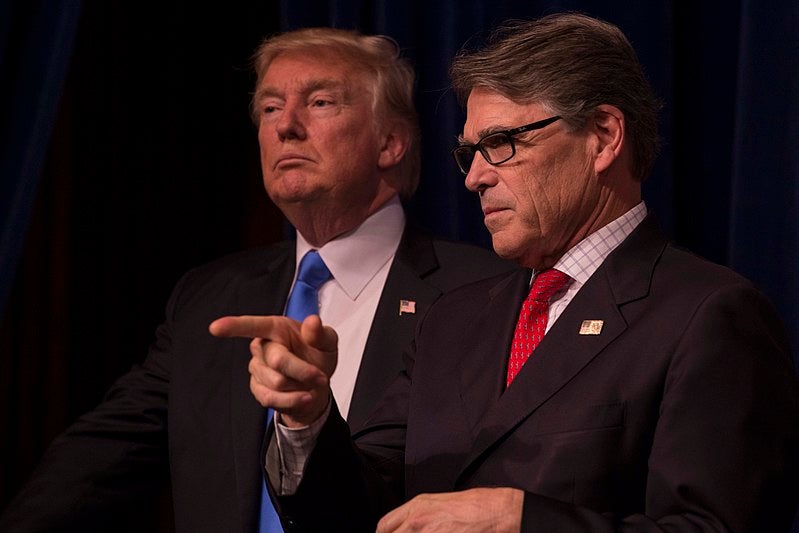
A statement by the US Department of Energy (DOE) has drawn criticism and ridicule from scientists for its use of the terms ‘freedom gas’ and ‘molecules of US freedom’ to describe liquid natural gas (LNG).
The expressions featured in a DOE press release ‘DOE Authorises Additional LNG Exports from Freeport LNG’, which reported from the Tenth Clean Energy Ministerial in Vancouver, Canada.

Discover B2B Marketing That Performs
Combine business intelligence and editorial excellence to reach engaged professionals across 36 leading media platforms.
The US will release further exports from Freeport LNG terminal on Quintana Island, Texas. The facility will now be able to export up to 0.72 billion cubic feet of natural gas per day via a fourth liquefaction train, which was authorised on 17 May and will be built at the terminal.
This expansion forms part of the US’ policy of doubling its LNG export capacity from five billion cubic feet per day by the end of 2020.
US undersecretary of energy Mark Menezes who was quoted as using the term ‘freedom gas’, saying: “Increasing export capacity from the Freeport LNG project is critical to spreading freedom gas throughout the world by giving America’s allies a diverse and affordable source of clean energy.”
Assistant secretary for fossil energy Steven Winberg used ‘molecules of US freedom’, saying: “I am pleased that the Department of Energy is doing what it can to promote an efficient regulatory system that allows for molecules of US freedom to be exported to the world.”

US Tariffs are shifting - will you react or anticipate?
Don’t let policy changes catch you off guard. Stay proactive with real-time data and expert analysis.
By GlobalDataThe comments were much mocked online. Esteemed climate scientist Michael Mann branded solar energy ‘photons of freedom’ whilst Stanford University Professor Mark Jacobson tweeted: “They sure are freedom molecules. Freedom from clean air, freedom from clean water, freedom from clean land, freedom from a healthy climate and freedom from energy security and low costs.”
And I hereby brand solar energy "photons of freedom".
molecules move at the rate of molecular diffusion.
photons move at the speed of light.https://t.co/cWWaoJXZlB— Michael E. Mann (@MichaelEMann) May 29, 2019
They sure are freedom molecules
-freedom from clean air
-freedom from clean water
-freedom from clean land
-freedom from a healthy climate
-freedom from energy security and low costsUS energy department rebrands fossil fuels as 'molecules of freedom' https://t.co/Si2AEAJQJ6
— Mark Z. Jacobson (@mzjacobson) May 29, 2019
Geologist David Bressan parodied Braveheart with an image that said: “You can take my fossil fuels, but you never take my freedom gas.”
In other #news https://t.co/PvoKEIcspM #FreedomGas #freedom #MoleculesOfFreedom ⚛ pic.twitter.com/UK4L3Aykul
— David Bressan (@David_Bressan) May 30, 2019





